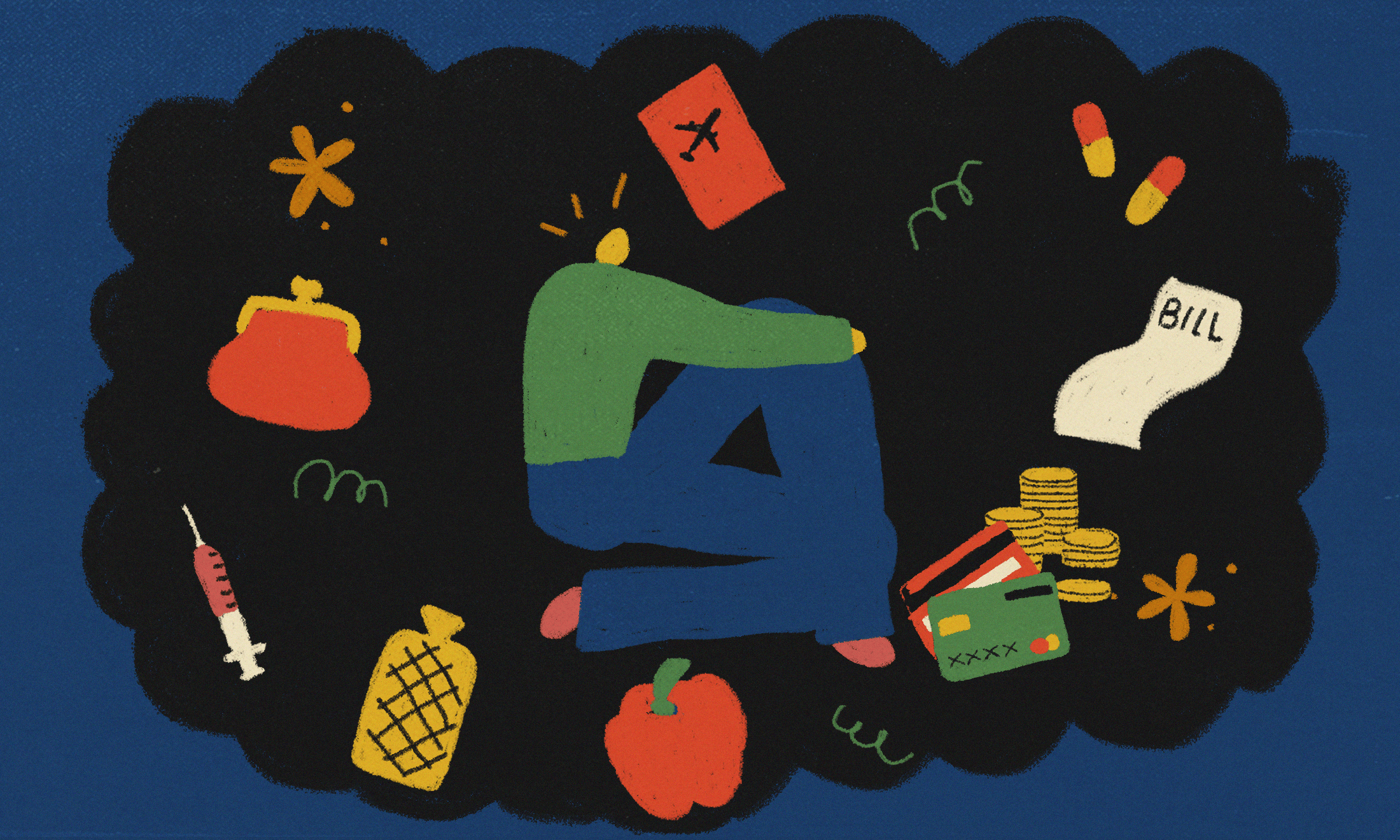
Nadia Whittome/Canva
Nadia Whittome: ‘The Tories have made their choice: protect the rich, condemn the rest’
With Jeremy Hunt’s Autumn Statement the Tories would have us believe that austerity is inevitable, but this is based on fiction, writes the Labour MP.
Nadia Whittome
18 Nov 2022
“Difficult decisions”. It’s a phrase we’ve heard a lot recently, as the cost of living crisis spirals. Representing one of the most deprived constituencies in the country, I’m very aware of the difficult decisions being made in so many homes right now.
The decision to buy food or pay rent. The decision to turn off your heating, as another bill you cannot afford lands on the doormat. The decision to skip meals so you can save enough to buy your child a birthday present.
These are not the kind of decisions those in government are making. Rishi Sunak – the richest prime minister in history – this summer spent £400,000 on a new swimming pool in one of his four homes, for example. So when Chancellor Jeremy Hunt this week talked about “difficult decisions”, it was to warm us up for the “inevitable” bad news his Autumn Statement contained.
The Conservatives would have us believe that austerity is inevitable – that we must reduce the UK’s deficit (the gap between the amount the government spends and the revenue it receives) through public spending cuts, otherwise things will get even worse. Firstly, this is based on a fiction that government spending is like household spending – it isn’t. Secondly, for 12 years the Conservatives have promised that short-term pain would mean long-term gain.
“You cannot get yourself out of a hole by continuing to dig, but that is exactly what this Statement is doing”
Instead, ours is the only economy in recession amongst the G7 – the world’s seven largest so-called “advanced” economies. Government cuts have starved our public services and run our economy into the ground. People have lost their lives to this state-sanctioned cruelty – 334,000 deaths have been attributed to austerity.
You cannot get yourself out of a hole by continuing to dig, but that is exactly what this Statement is doing. By 2027, the government is planning spending cuts the same size as those announced in 2010 when the Conservatives first came to power. The idea that there were big “efficiency savings” to be made in government departments and public services was dubious then, but now? There is nothing left to cut.
Austerity means that millions of key workers face more years of real-terms pay cuts. Staff will continue to leave the NHS when it’s already at breaking point. Local councils, which have so many responsibilities and so little money, will continue to cut things like libraries and youth services.
Meanwhile, household income will plummet. For the second year in a row, the Office for Budget Responsibility is predicting the biggest drop in living standards since records began in 1956 – a fall of 7% since 2021.
The energy price cap is being lifted from £2,500 a year to £3,000 – more than double the £1,277 that people paid earlier this year. While benefits are rising (almost) in line with inflation, the standard monthly payment will still be around £50 lower in real terms than it was in 2010. Real pay is not expected to rise above 2008 levels until 2027 – that means our incomes will not have improved for almost two decades.
At the same time, the government is raising taxes on working people. For example, councils will be allowed to increase council tax by up to 5% – if they don’t, they will be expected to implement even more cuts.
While most people will have less money to spend, this crisis won’t be felt equally. People of colour have already suffered disproportionately. The Runnymede Trust says BME families now receive £806 less a year in benefits than they did a decade ago, compared to white families who receive £454 less.
“Pushing people into poverty will not solve this economic crisis, it will just make it worse”
The chancellor also took aim at the “economically inactive”, saying that 600,000 more would be expected to look for work in order to receive benefits, without acknowledging the barriers that prevent people from working – such as the cost of childcare or a lack of mental health support. And as private rents rise by at least 12% – disproportionately affecting the young – the government is doing nothing.
Cutting public spending, suppressing wages and pushing people into poverty will not solve this economic crisis, it will just make it worse. We have to break free of this seemingly endless cycle: of cuts, crisis and growing inequality.
To do this, we must tax the unearned income of the super-rich and big business’ excess profits. Not only would this give the government money to spend on public services, but it would redistribute wealth – helping to tackle the yawning gap between the rich and poor. It’s simply not right that income from wealth is taxed at a lower rate than income from work – as is the case in the UK. And a squeeze on profits could help to curb price gouging – one of the factors driving inflation.
We must also put money in people’s pockets by lowering energy bills and rents, and increasing benefits and pay. A £15 an hour minimum wage could transform lives and give a boost to our economy through increased spending power.
Finally, we need to invest in a sustainable future. A Green New Deal would provide decent jobs in sectors such as renewable energy, tackling the climate emergency, the energy crisis and inequality all at the same time.
The contribution of our members is crucial. Their support enables us to be proudly independent, challenge the whitewashed media landscape and most importantly, platform the work of marginalised communities. To continue this mission, we need to grow gal-dem to 6,000 members – and we can only do this with your support.
As a member you will enjoy exclusive access to our gal-dem Discord channel and Culture Club, live chats with our editors, skill shares, discounts, events, newsletters and more! Support our community and become a member today from as little as £4.99 a month.








